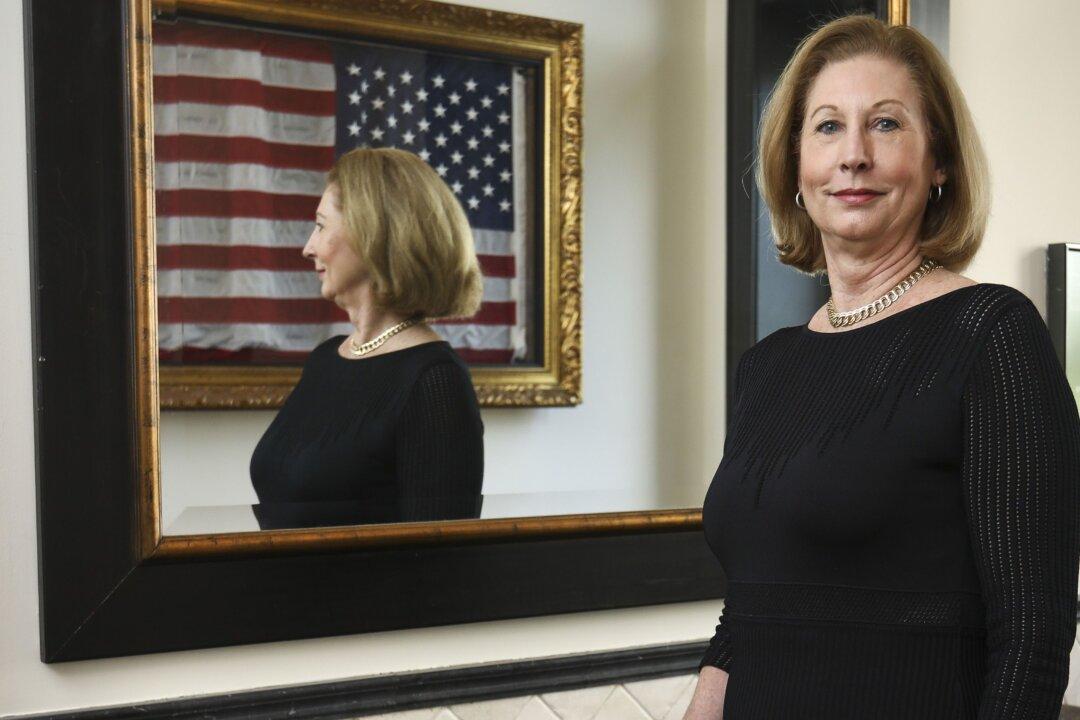Nearly 30 months after initially pleading guilty, the case of former Trump adviser Lt. Gen. Michael Flynn is still not over, even after the Department of Justice (DOJ) dropped the case more than two weeks ago.
A confession of a crime usually signals a slam-dunk case for prosecutors, but in Flynn’s case, the guilty plea is now legally worth less than the paper it’s written on, according to his lead lawyer, former federal prosecutor Sidney Powell.





